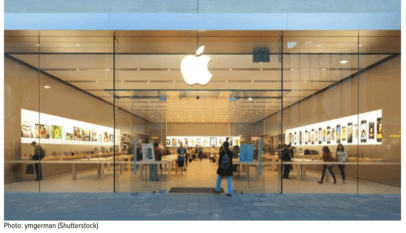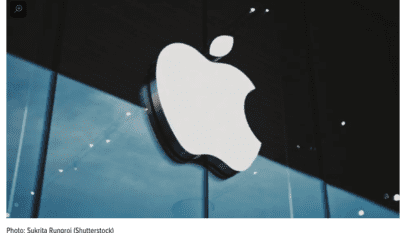Apple’s iOS 14, which was released last week, offers new privacy controls that limit how different parts of your phone are used to track you. The most impactful feature, the ability to limit how much of your personal data is shared with companies was shelved until early next year after complaints from Facebook — which is saying something and I’ll dive into that a little more in a bit. In a digital marketplace where data is money, this small changes are good for users and potentially bad for advertisers.
Quick Overview of New Features
iOS 14 added several new privacy control features that give more information about how apps are using features on the phone and give the user more control. Each of these slight changes can have an impact on advertisers. The other privacy features on the table in iOS 14 include:
● In-depth report on Safari that shows exactly which apps and websites are tracking you, which information they’re tracking, and how many have been blocked through iOS 14
● A type of security “nutrition label” on every app available in the App Store, defining which information the app will collect, be it financial, contact information, browsing history, or online purchases (before the app is even downloaded)
● Password monitoring that alerts users if their password has been involved in a data breach
● Ability to set an “approximate location,” versus a specific location when using apps
● Alert when any app access user’s camera or microphone
● Masking a user’s Wifi address
● Notification when an app is monitoring your clipboard
All of these features eliminate ways that advertisers have been able to target users in the past. They also give users peace of mind about using their phones and if you’ve watched The Social Dilemma on Netflix, you understand (in a way overly dramatic fashion) how important that is. But these are minor changes compared to the data tracking change that is coming in 2021.
Opt-in Data Tracking
One of the most profound features of iOS 14 is that it requires users to opt-in to sharing data, rather than the traditional model of requiring users to opt-out. In terms of a data paradigm shift, that’s huge. Currently, Apple uses the iPhone Identifiers for Advertisers (IDFA) to assign a random number to a device. Apps can use these numbers to tie together user activity and behavior making it easy to target users. In the past, IDFA have been big business for lots of companies using data to make targeted ad placements and product recommendations online. For instance, publishers and developers using IDFA to target ads on Facebook’s Audience Network earned $1.5 billion in 2018 alone. Yes, that’s the value of data.
When this new privacy control feature was announced, Facebook and other developers complained about the dramatic shift which should be a huge red flag as to what data is being used with a user’s supposed consent right now. Apple agreed to delay the feature release allowing developers time to make the necessary changes in their apps. Developers can begin to comply with the new rule now, but it won’t be enforced until 2021.
The Impact on the Data Marketplace
The cornerstone of the free app marketplace is the ability to collect and sell data to advertisers. If you’re not paying for a product, you — and your data — are the product. This privacy feature has the potential to severely weaken the ad targeting business which is bad for advertisers, but good for users.
Facebook, for one, is already fighting back, announcing its Audience Network will not use IDFA information from iOS because it cannot guarantee its value or accuracy. That could hit its revenue by 50%—and there’s no telling if some ad agencies could bail on Facebook altogether.
With increased regulations like the GDPR and the CCPA, we’ve started to see a little more transparency in what information is used to track users. This change blows the door wide open, but are we really turning the corner in data security and privacy? Will Google — another company that will be impacted by this change — make the same change to Android phones?
Apple’s Privacy with New iOS: Turning the Corner?
Apple’s enhanced security features will finally put privacy control back in the hands of users, something we’ve been clamoring for, for years. So, have we finally hit a turning point in the digital privacy conversation? Not quite.
As noted above, the data collected from users, be it browsing, buying, or viewing history, is too valuable to businesses to accept those changes lying down. In fact, it does not appear that Apple consulted ad agency experts when constructing its iOS 14 privacy features, which indicates which line it’s toeing in terms of user experience.
It must be noted that…














